There is a saying in a poem: "Writing is like making wine, it can achieve its flavor; buying grass with gold, it doesn't speak of its value."
How can writing be used to make wine? It turns out that the "writing" used to make wine refers to the herb called Wenzhangcao. According to the "Record of Strange Objects in Bashu", Wenzhangcao is another name for the medicinal herb Wujiapi. Wujiapi has significant medicinal value and has been recorded as a human medicine in the ancient book "Shennong Bencao Jing". Therefore, there is a saying among the people that "it is better to obtain a handful of Wujiapi than to have a cart full of gold". In this case, buying this herb with gold is indeed not considered expensive.
Wujiapi is the root bark of the plants in the Araliaceae family, including Wu Jia and Ci Wu Jia. They belong to the same family as ginseng. Wujiapi is a strong medicine for dispelling wind and dampness, and it has the functions of dispelling wind and dampness, nourishing the liver and kidneys, and strengthening the tendons and bones. It is a strong anti-rheumatic medicine. Modern research has found that Wujiapi contains cardiac glycosides, polysaccharide esters, and other components. It has good anti-fatigue and immune-enhancing effects, as well as anti-inflammatory, diuretic, and analgesic pharmacological effects. Wujiapi is especially suitable for making medicinal wine, which can enhance its effectiveness in dispelling wind and dampness.
The history of brewing wine with Wujiapi is quite long, with records dating back to before the Northern and Southern Dynasties. Tao Hongjing (456-536) mentioned the use of "boiled roots and stems of Wujiapi to make wine, which benefits people". Ancient physicians believed that many Chinese herbs can be soaked in wine, but "only Wujiapi is a good match with wine and has a pleasant taste." "Its qi is compatible with wine, making the taste even better." There are also records in literature that "in ancient times, Zhang Zisheng, Yang Shijian, Wang Shucai, Yu Sheyan, and others were all ancient figures who drank Wujiapi wine and had a fulfilling life with many children."
[Recipe] 300 grams of Wujiapi, 1000 milliliters of white wine.
[Method] Grind Wujiapi into powder, put it in a cloth bag, soak it in wine, seal the bottle, and let it soak for 10 days before drinking.
[Function] Dispels wind and dampness, strengthens tendons and bones.
[Scope of Application] External wind, cold, and dampness block the meridians, with wind and dampness predominating, and symptoms including numbness, spasms, pain, and instability in the limbs and joints. This falls within the range of the original book "Tai Ping Sheng Hui Fang" for treating "numbness in wind rheumatism, spasms, and pain in the limbs."
[Usage] Drink 30-50 milliliters of warm wine each time, twice a day.
The "Compendium of Materia Medica" records: "Wujiapi wine dispels all wind, dampness, phlegm, and obstruction, strengthens tendons and bones, and replenishes essence and marrow. Use Wujiapi to wash and scrape off the bones, decoct the juice, mix it with qu, rice, and ferment it, then drink it. Or chop it into pieces, put it in a bag, soak it in wine, and boil it for drinking. Or add other medicines such as Danggui, Niuxi, and Diyu."
Experts believe that the nourishing effect of brewing wine should be stronger, and the alcohol content is not high, making it especially suitable for people who don't drink much. Single ingredient Wujiapi wine can also be consumed by healthy individuals in small amounts, as it has the effects of relaxing tendons, promoting blood circulation, and strengthening the body.
As Li Shizhen said, adding Danggui, Chuanniuxi, and Diyu to Wujiapi wine further enhances the effectiveness of dispelling wind and dampness, and strengthening tendons and bones. It is suitable for treating symptoms such as difficult urination, weak lower limbs, edema, waist and knee pain, joint stiffness, cold phlegm and essence, and swollen skin. The addition of these three herbs, Danggui to nourish blood and promote blood circulation, Chuanniuxi to nourish the liver and kidneys and strengthen tendons and bones, and Diyu to cool the blood and stop bleeding, combined with Wujiapi, can comprehensively enhance the effects of dispelling wind and dampness, and strengthening tendons and bones.




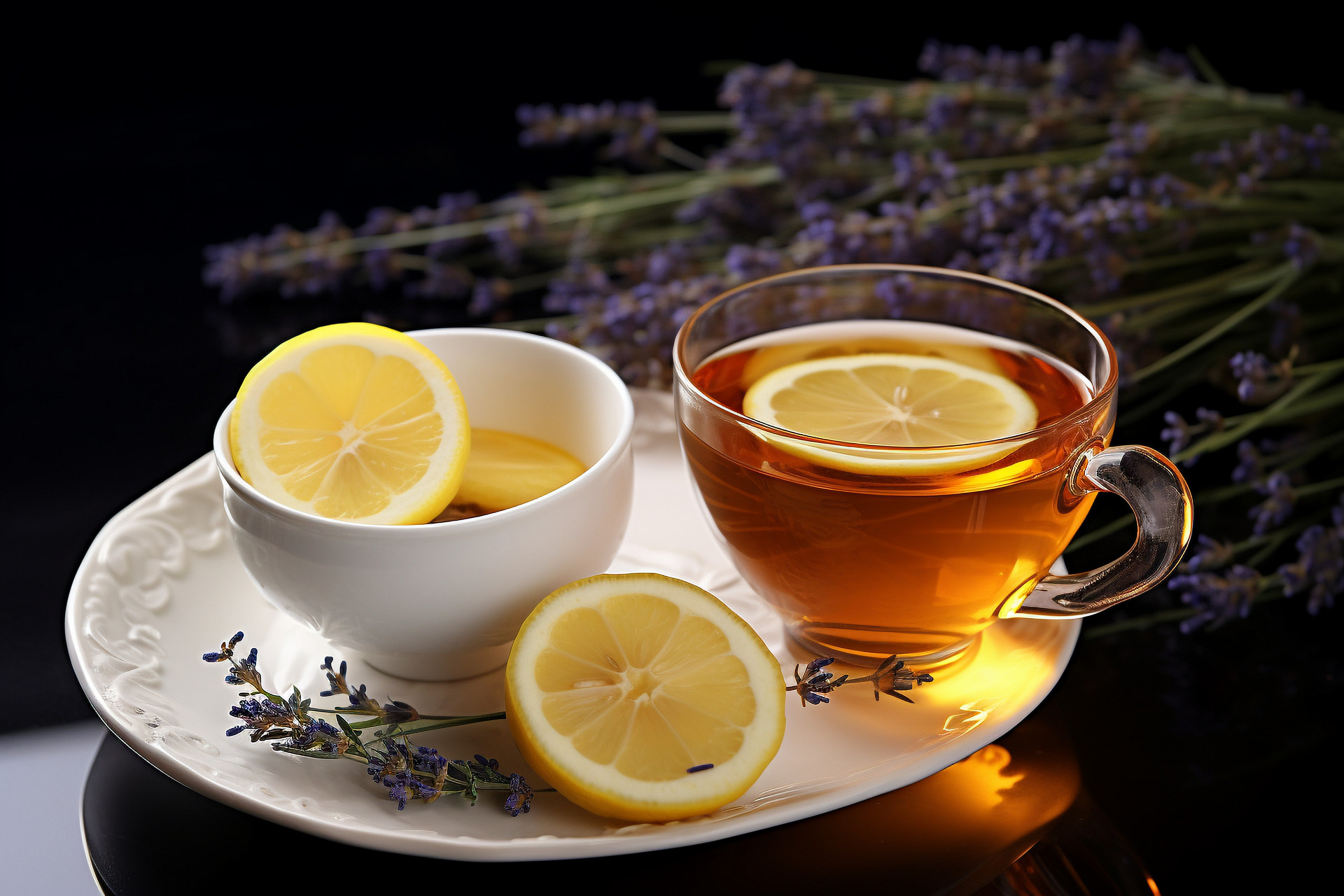
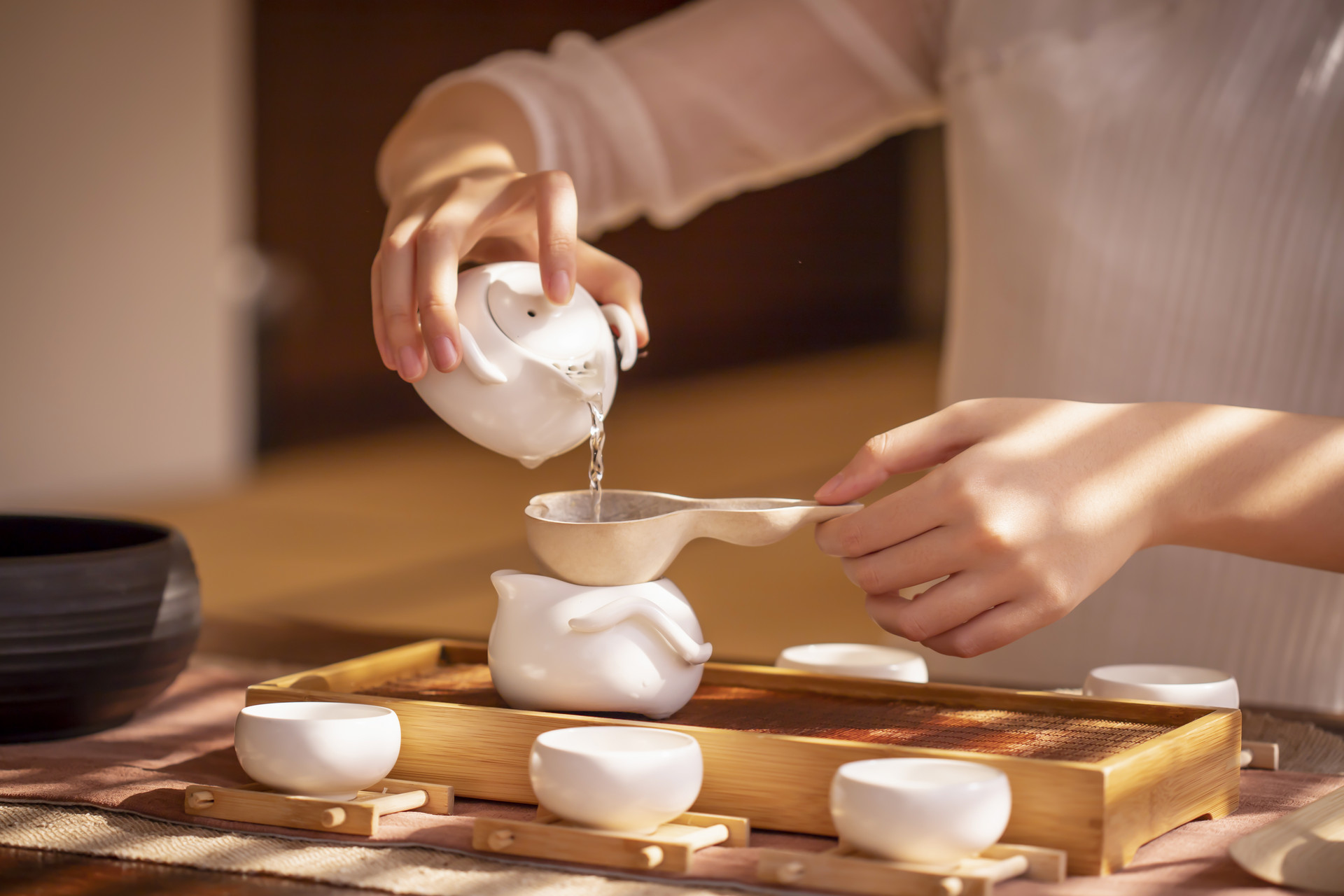
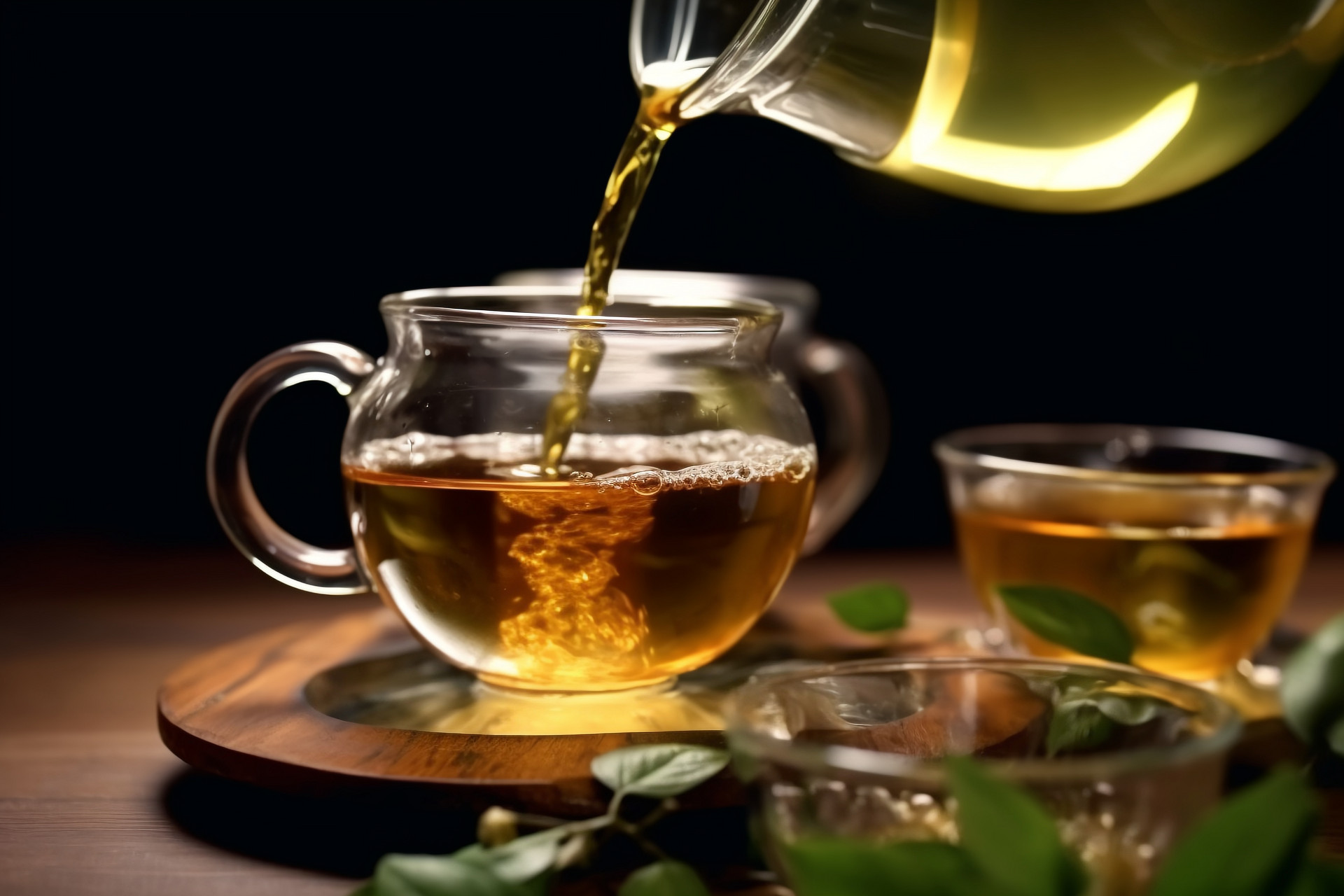

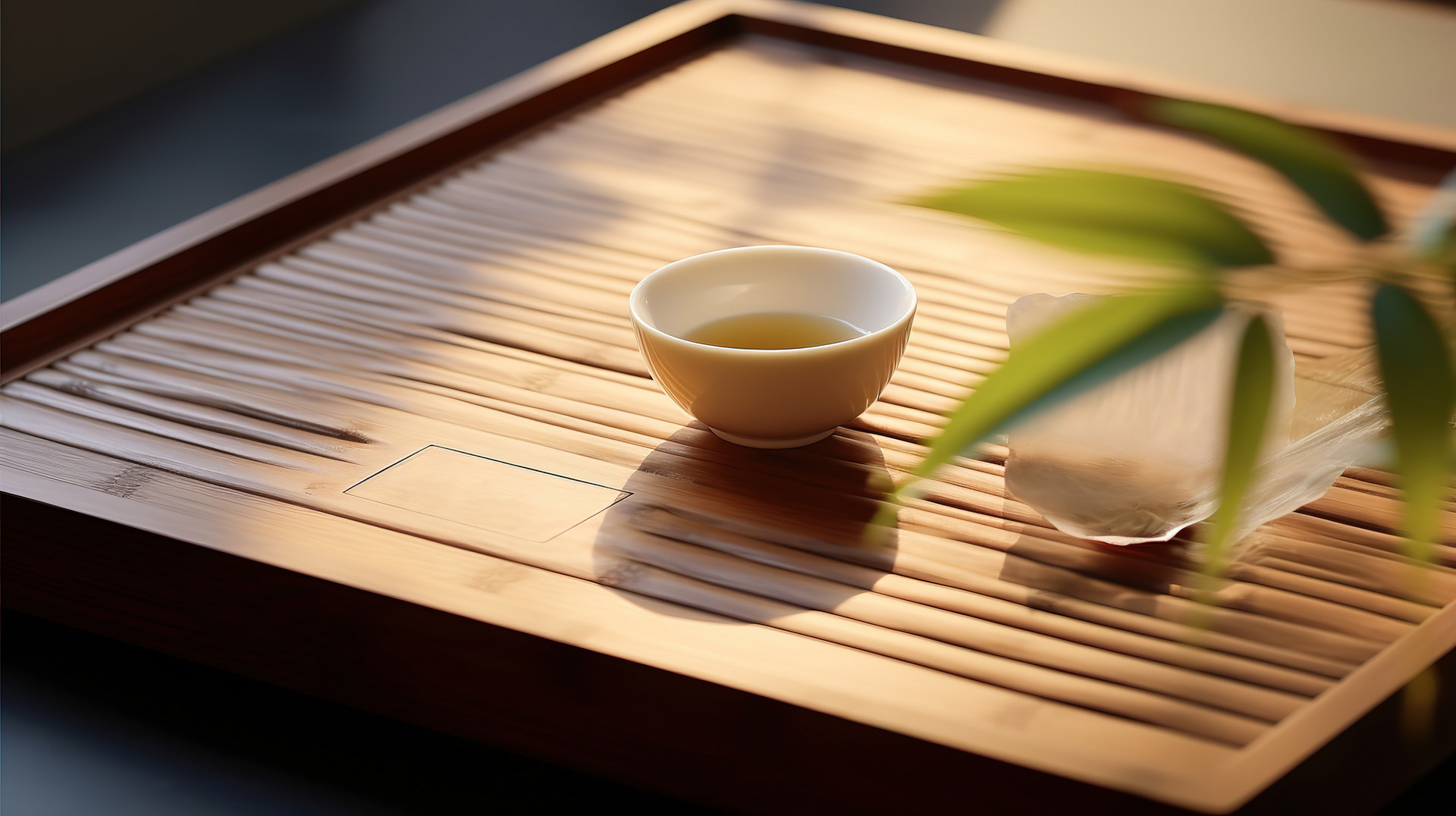
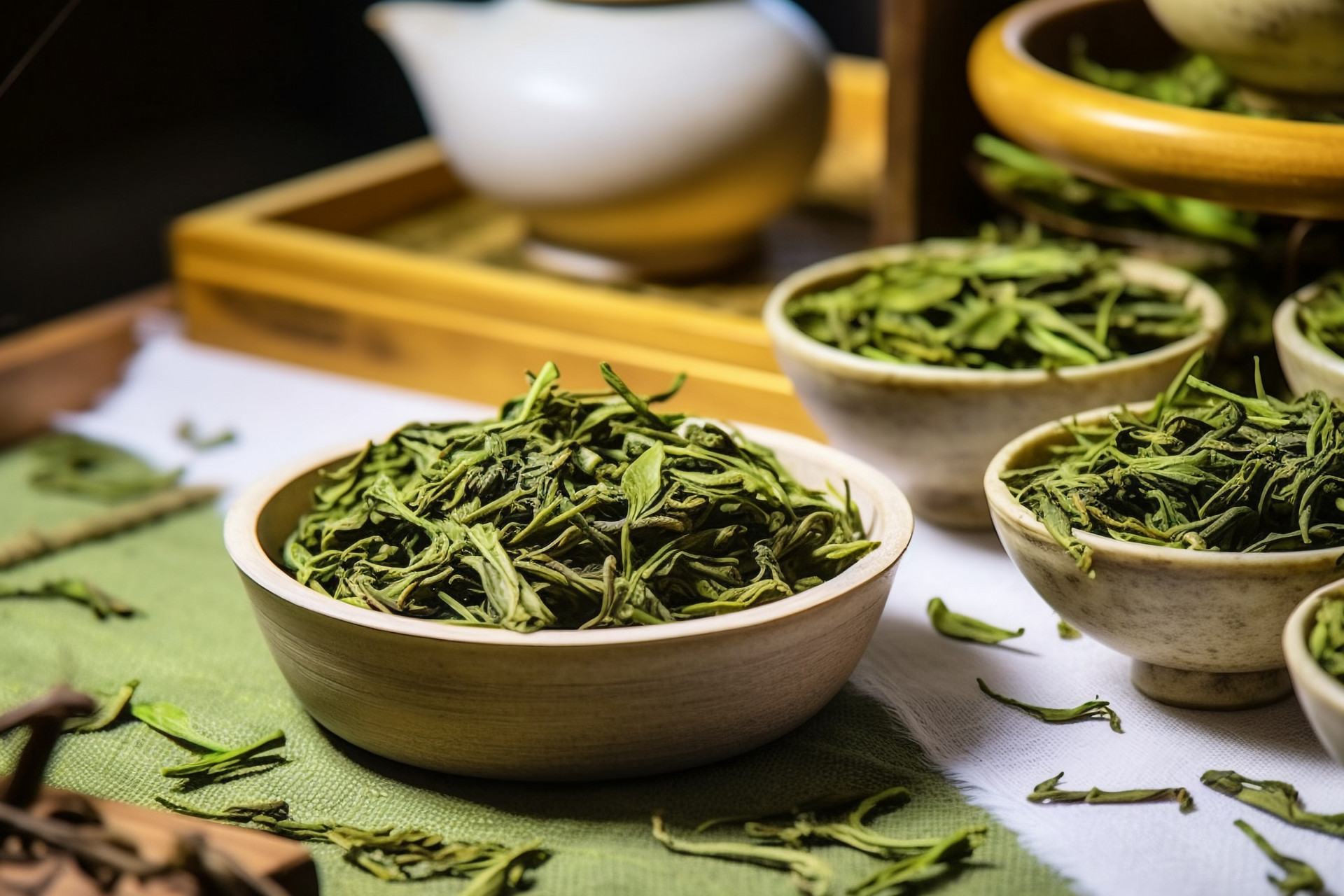
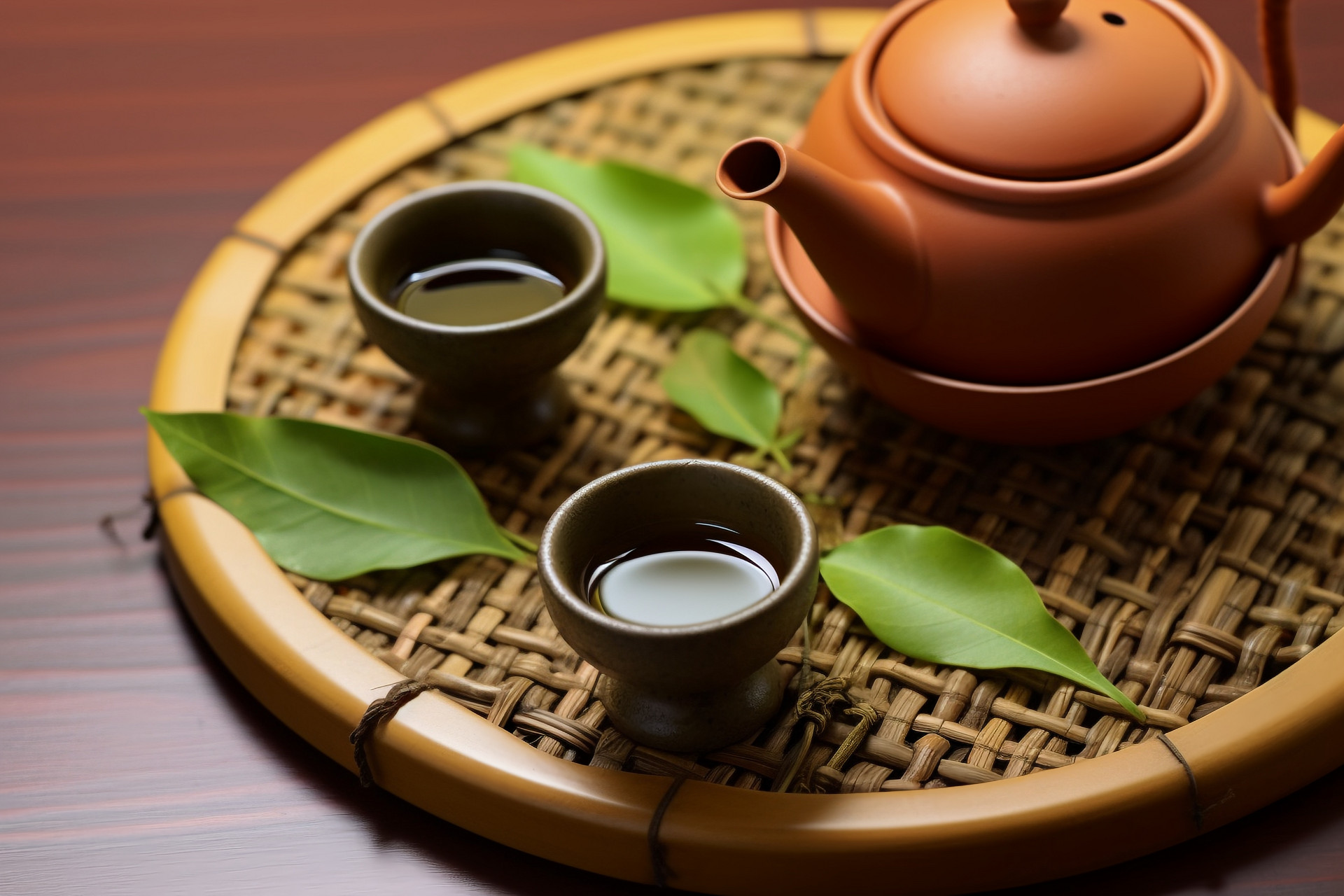
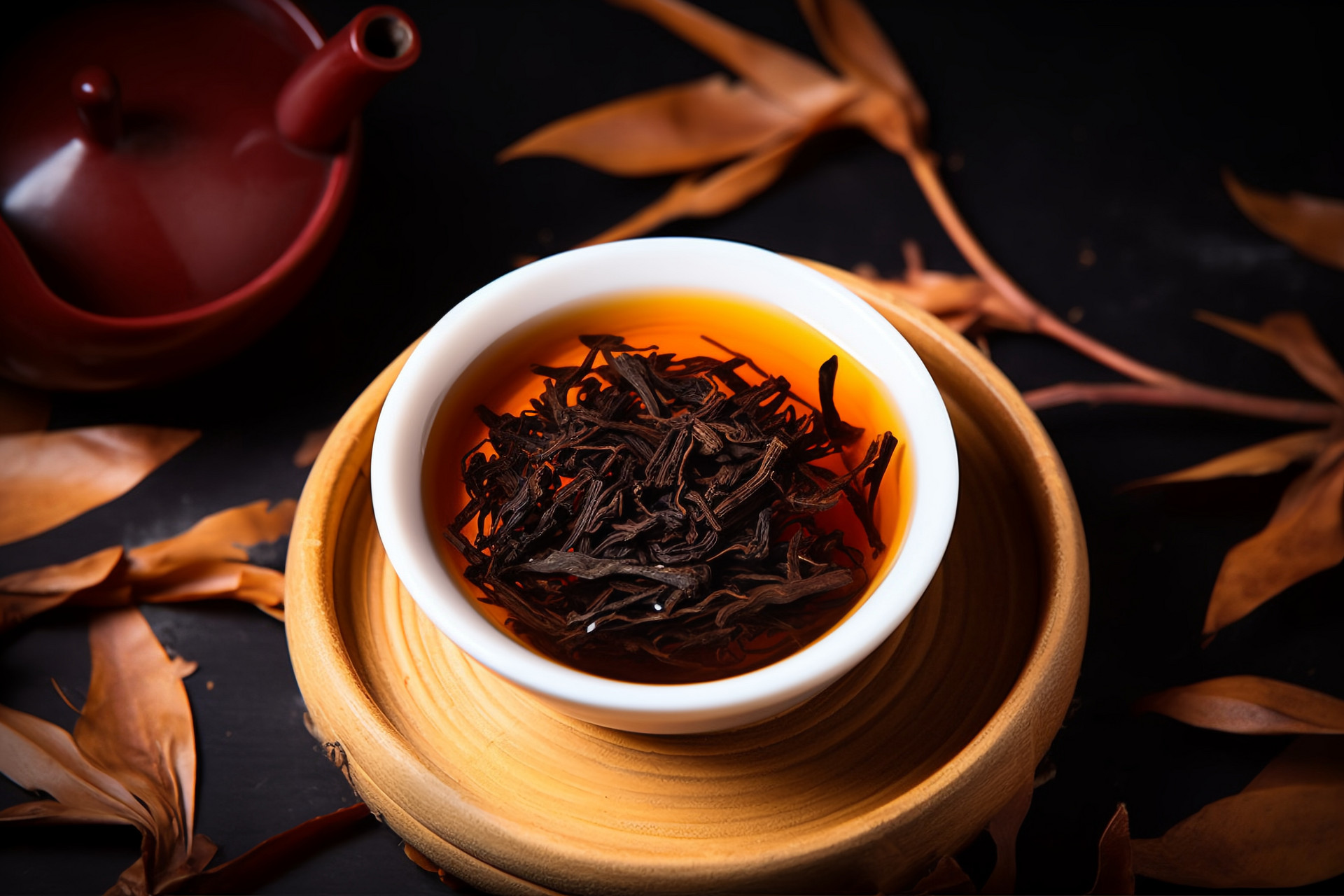
![[Herbal Wine Recipes for Health and Beauty]](https://tcmmaintenance.com/uploads/20240715/7241f6b6eafdaed88c28b26a37213964.jpg)